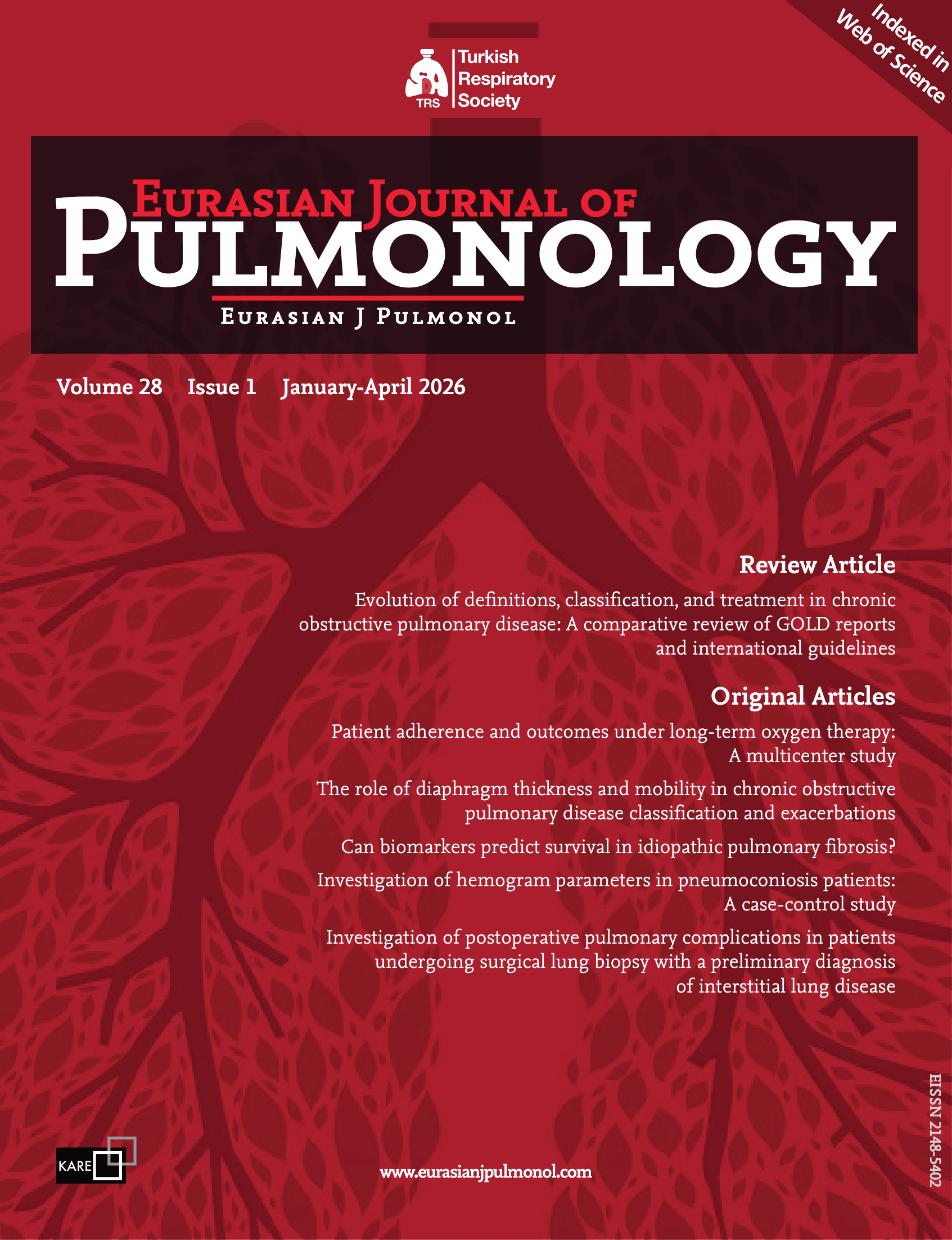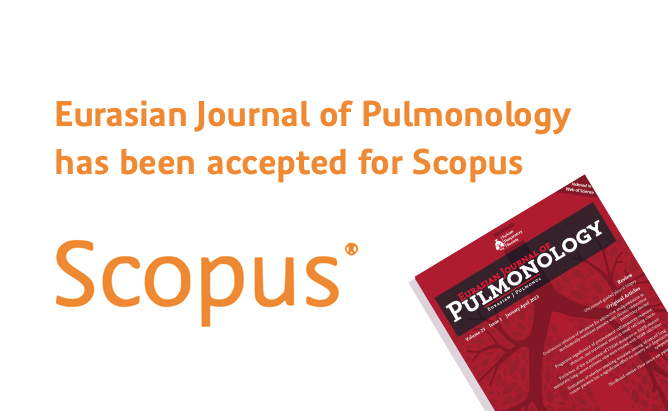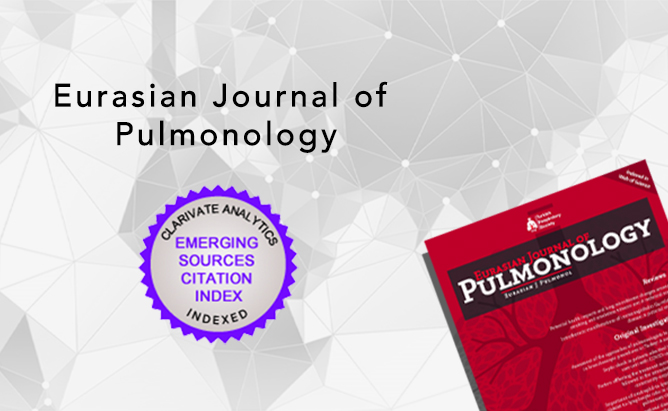2Department of Chest Disease, Menemen State Hospital, İzmir, Turkey
3Department of Chest Disease , Çanakkale Onsekiz Mart University, Canakkale, Turkey
Abstract
BACKGROUND: As chronic obstructive pulmonary disease (COPD) and its symptoms may change psychological attributes, psychiatric disorders may be seen in COPD. AIMS: We aimed to assess the effect of taking diagnosis of COPD and using bronchodilator therapy on the psychological status of COPD patients.
MATERIALS AND METHODS: It is a cross-sectional study including newly diagnosed COPD outpatients. Spirometry, Hospital Anxiety and Depression Scale (HADS), Beck Depression Inventory (BDI), and St. George's Respiratory Questionnaire (SGRQ) were performed at the first visit (date of new diagnosis) and 6 months later as the second visit.
RESULTS: Ninety new diagnosed COPD patients (71 men and 19 women) with a mean age of 61.7 ± 9.8 were included. There were high scores of anxiety in 23.5% and depression in 38.2% (HADS)–52.9% (BDI) patients at the first visit. The symptoms about anxiety reduced to 19%, depression to 33.3% (HADS)/47.6% (BDI) six months later. All the participants who were active smokers had lower spirometric levels (42.9%) at the second visit compared with the first visit levels. There was an improvement in psychological status and quality of life (QOL) (P < 0.001). There was a negative correlation between SGRQ score and forced expiratory volume in 1 s levels (P = 0.045) and positive correlation of SGRQ score with HAD and BDI scores (P = 0.041 and 0.011). Participants who quitted smoking in 6-month period had statistically lower anxiety and depression scores (P = 0.003 and 0.026).
CONCLUSION: Depression and anxiety states are frequent among COPD patients. Pulmonary symptoms may regress with the bronchodilator therapy at newly diagnosed COPD patients, which can cause an improvement in pulmonary functions, psychological status, and QOL. Psychological aspects need to be carefully assessed in patients with new diagnosis of COPD.









